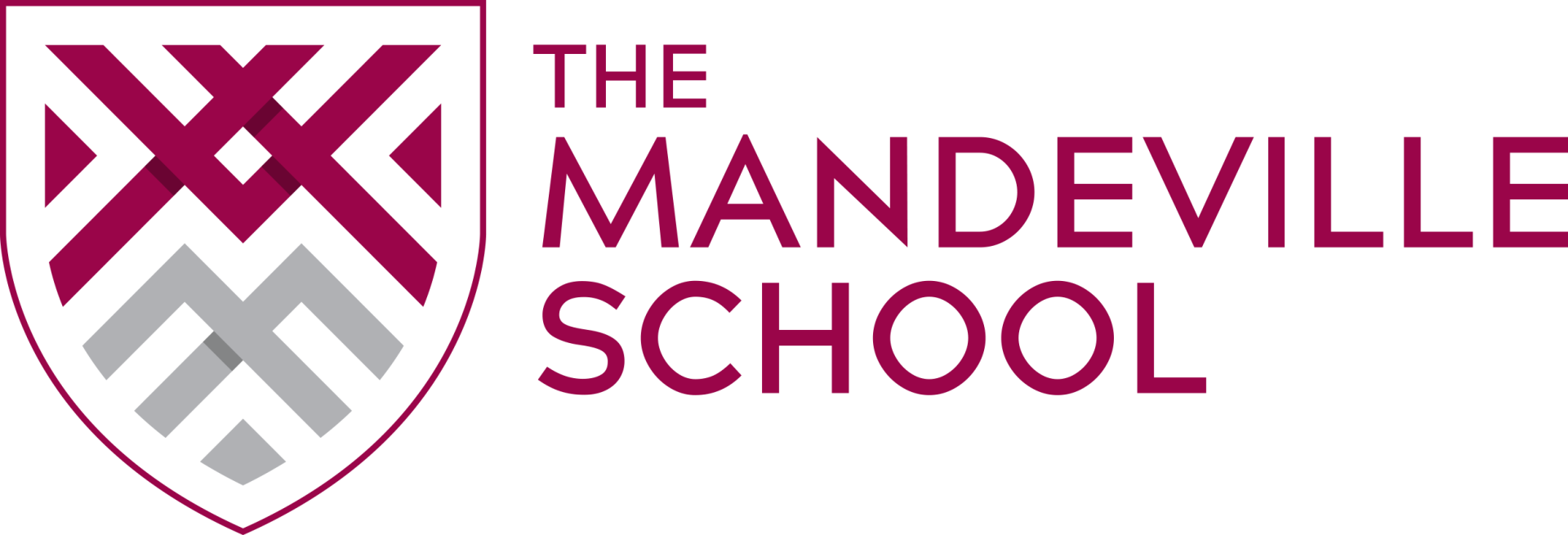English
KS3 Curriculum Intent and Rationale:
At The Mandeville School, we have built our curriculum around the exploration of what it means to be human; what are the issues we, as humans, face and overcome? What are the threats to our species? Our Key Stage 3 curriculum is designed to lay the foundations for every student to be able to answer these questions and many more, championing their voice as being important in the shaping of tomorrow’s world.
By implementing a spiral curriculum, learners are encouraged to revisit key concepts building on prior knowledge and increasing their confidence as they approach new and challenging texts scheme after scheme, year after year.
Year 7 begin their studies by exploring the origins of stories through the curious dramas of Greek myths and the tragically theatrical legends of ‘The Highwayman’ and ‘The Lady of Shalott’, introducing the conventions of successful story writing to our intrepid learners. They then turn their attention to the real world issue of discrimination through their study of ‘Ghost Boys’, where they are challenged by the theme of racial intolerance and its far reaching impact on both individuals and society at large. Finally, learners are plunged into a discovery of the most famous of fictional detectives - Sherlock Holmes - where they search for the Blue Carbuncle and unpick the twists and turns of ‘The Speckled Band’, leaving students with an understanding of the detective genre and its ability to captivate readers. This unit intertwines Conan Doyle’s fantastical crimes with the jaw-dropping and society-defining ones of the real world.
Year 8 starts with students diving into the heartbreaking tale of ‘The Bone Sparrow’, following Subhi and his experiences in an Australian immigration detention centre. This novel builds on students’ prior knowledge of discrimination and marginalisation experienced by people across the world. Developing their knowledge of story origins, students then become embroiled in the iconic love story of ‘Romeo and Juliet’, exploring the complexities of conflict within relationships and delving into the writing style of The Bard himself. This leads us finally into our autobiographical component for this year group which centres around the tragic but inspiring story of Malala Yousafzai. Her account highlights the importance of voice and how it can change the world.
In Year 9, students are propelled into the dystopian world of ‘Fahrenheit 451’ where they are exposed to the deeper real world issues of censorship and mass media, culminating in them considering the value of being an individual within a functioning society. Continuing this idea, students discover the dangers of godlike behaviour with ‘Frankenstein’ and explore how a refusal to take responsibility can feed the drive for a dreadful revenge. Our final unit in Year 9 pulls together many of the threads across Key Stage 3 as we embark on the tragedy of ‘Othello’; interrogating Shakespeare’s characters to understand the big ideas of prejudice and manipulation in preparation for their Key Stage 4 study of ‘Macbeth’.
KS4 Curriculum Intent and Rationale:
The KS4 English curriculum builds on the knowledge and skills our pupils acquire through our KS3 curriculum. We follow the AQA specification for both English Language and Literature.
Year 10 is Literature heavy to enable students’ exposure to aspects of the human condition. This allows for frequent interleaved revision during Year 11. All lessons have retrieval activities and explicit vocabulary to enhance students’ understanding of the texts. Context also is key to students' critical thinking skills.
The KS4 study of English Language affords learners the opportunity to apply their growing comprehension and analytical abilities to new contexts. Through studying a range of fiction and non-fiction extracts, learners are able to develop their confidence and competency in tackling unfamiliar texts, allowing them to develop the transferable skills they will require for decoding and creating written material in their future lives.
The curriculum covers a range of genres and forms in preparation for the GCSE examinations, where learners are expected to apply their prior training to interpreting new texts, and to writing pieces of their own. This forms excellent communication skills which are foundational in both future careers and onward study.
Learning Journeys
Curriculum Maps
Year 11 Revision Materials
- A Christmas Carol Checklist
- An Inspector Calls Checklist
- Macbeth Checklist
- Language Checklist
- Power and Conflict Checklist






